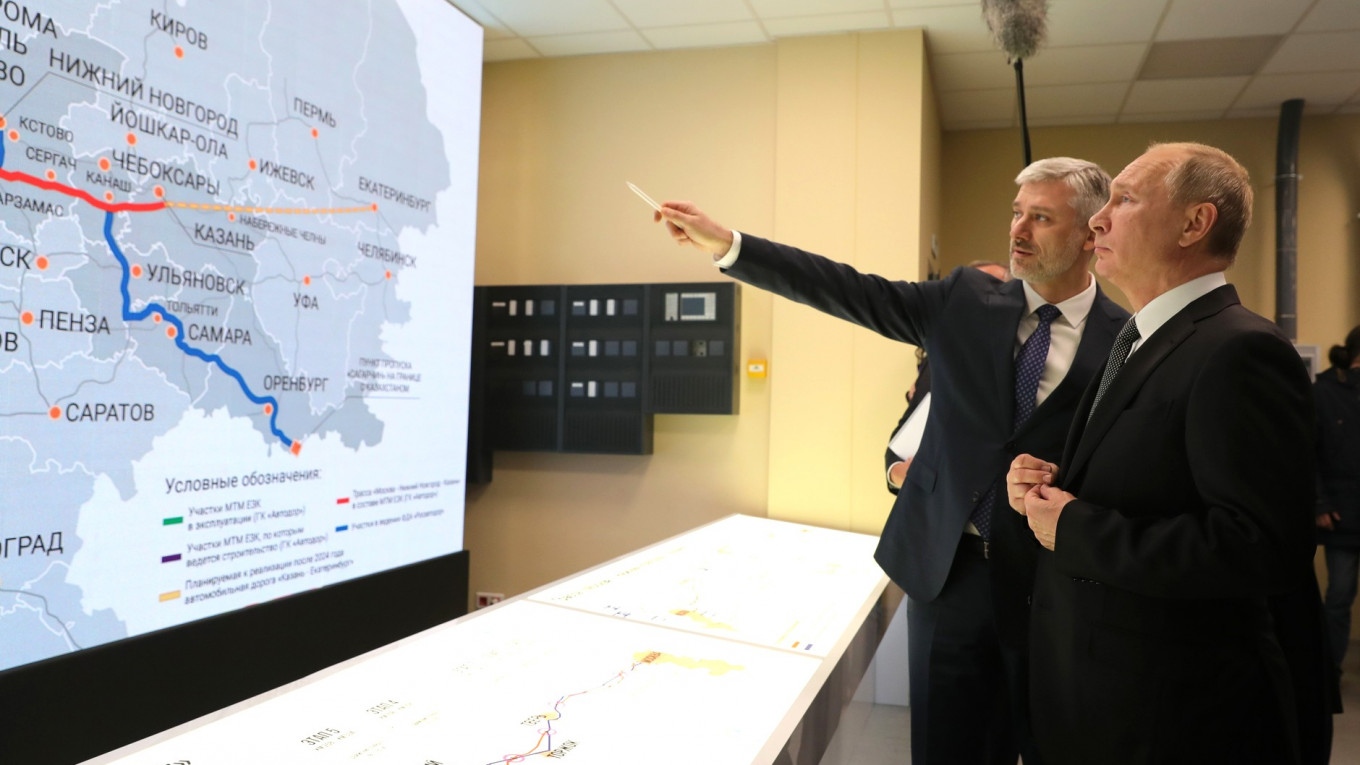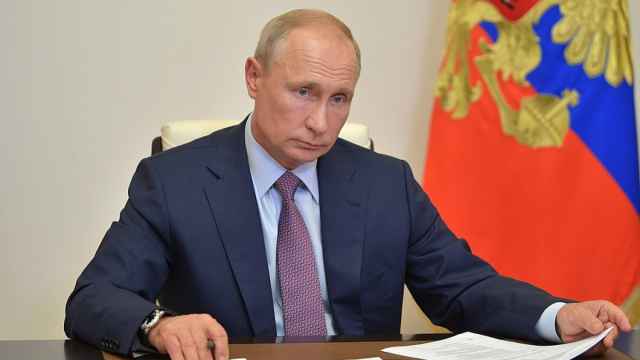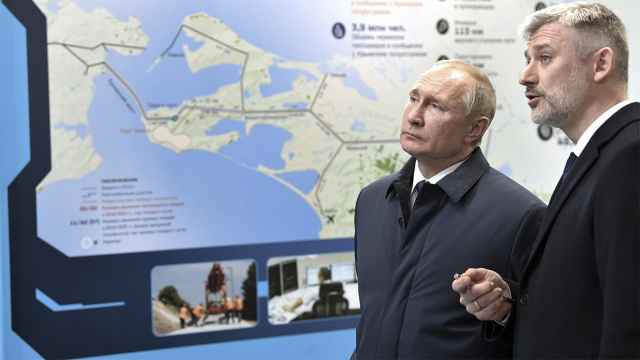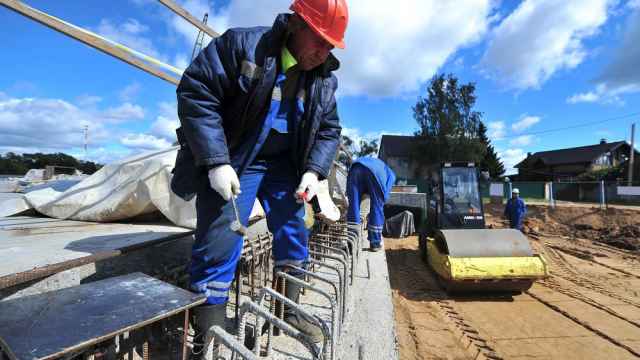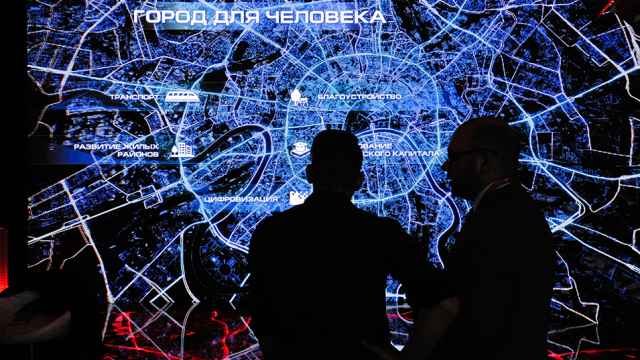Russia’s National Projects program, a centerpiece of Putin’s fourth term agenda, has been the subject of much attention since its announcement in 2018. And with good cause, too: the program’s twelve points promise a major improvement for Russia’s economy and citizens’ lives, ranging from road construction to the digital economy. The price tag has earned attention as well, with implementation projected to cost some $800 billion by 2024.
The projects also mark a noteworthy change to Putin and his team’s approach to political economy, a cementing of the recession-induced status quo. Namely, the Kremlin no longer appears to view private markets as capable of pushing Russia’s growth rate to the current, ambitious target of 3% (for comparison, 2019 growth is forecast at roughly 1%).
At first glance, the approach might seem like a nod to the school of thought of Sergei Glazyev, an economist known and often derided for his state-centric approach to economics, but the reality is more complicated.
First off, Glazyev left the Kremlin late this summer, not quite an indication that he maintains significant influence. Second, while the national projects certainly put the state first, it would be hard to describe a massive stimulus package, essentially what the projects are, as outside the realm of conventional economics.
Moreover, Glazyev’s more unorthodox proposals, specifically involving monetary policy and worrying many investors, have found little to no traction: central bank governor Elvira Nabiullina retains her autonomy. Third, despite the seemingly expansionary fiscal policy that the National Projects embody, the Ministry of Finance is not breaking the bank delivering them. As of quarter three of this year, Russia was running a budget surplus of 1.4%.
Beyond that, fiscal authorities plan on bringing National Welfare Fund money to bear, international reserves are the highest they’ve been since the financial crisis of 2008, and Russia’s debt-to-GDP ratio remains at only 13.5%, very low by international standards.
There’s a lot in the projects for the liberal (economically-speaking) camp to like as well. About 22% of the planned spending is on human capital development, a priority figures like former finance minister Alexei Kudrin have been backing for years. It is a long-term investment in growth that stands to have a greater ultimate impact than any shovel-ready project might.
Ambitious as the projects might be on paper, many experts have raised questions about their implementation and impact. Recently, Oxford Economics found that the projects only stand to boost yearly GDP growth by only 0.2% at most. Headwinds from increased taxes explain some of this, as does Russia’s low fiscal multiplier — for a number of reasons, corruption and a weak regulatory climate among them, Russia’s economy grows less than others per percentage increase in federal spending.
All the above assumes the money allocated to the National Projects even gets spent.
As of mid-November, only 52% of funds allocated had actually been spent, lagging general budgetary spending by over ten percentage points. As Leonid Bershidsky describes, officials are likely too scared to spend the money for real of running afoul of the powers that be, especially given Putin’s personal attention on them. A move towards more technocratic management and quantitatively-driven KPIs for governors is likely compounding this issue.
In sum, we have a highly ambitious economic agenda and questionable implementation — not much different from Putin’s last ambitious “May Decrees,” issued in 2012. However, evaluating the National Projects in purely economic terms misses their point: they’re also, if not predominantly, a political project.
Even if the projects yield only half of the promised benefits, that still means meaningful progress and improvement that can be used in coming elections.
Beyond that is the question of where, geographically, the 0.2% gowth is coming from. It’s key to note that Russians do not experience Russia in the aggregate in the course of their daily lives: different regions suffered differently during recent economic troubles. Residents of Yekaterinburg will not experience the sum of the National Projects this year, they will see the roughly $290 million spent in Sverdlovsk Oblast. If results can be delivered in the regions that have struggled most, this could well help the overall political landscape for Putin.
Much as Russia’s leadership would like to see the economic dynamism of the early 2000s return, one would be hard-pressed to argue anybody actually expects that.
Putin and his team seem content managing stagnation the best they can, marshalling state resources to make an impact where possible, and keeping the wheels from coming off.
A look at the recent United Russia party congress indicates as much: its leadership seems perfectly content losing 42 Duma seats in the next election, scheduled for 2021. This approach to politics and economics might be called ad-hoc, but it is one that has worked in the past. Unspent budget funds have become slush funds for future years, and the Kremlin’s economic team has succeeded in making ends meet. The National Projects likely won’t meet their lofty aims. And they may well be good enough.
A Message from The Moscow Times:
Dear readers,
We are facing unprecedented challenges. Russia's Prosecutor General's Office has designated The Moscow Times as an "undesirable" organization, criminalizing our work and putting our staff at risk of prosecution. This follows our earlier unjust labeling as a "foreign agent."
These actions are direct attempts to silence independent journalism in Russia. The authorities claim our work "discredits the decisions of the Russian leadership." We see things differently: we strive to provide accurate, unbiased reporting on Russia.
We, the journalists of The Moscow Times, refuse to be silenced. But to continue our work, we need your help.
Your support, no matter how small, makes a world of difference. If you can, please support us monthly starting from just $2. It's quick to set up, and every contribution makes a significant impact.
By supporting The Moscow Times, you're defending open, independent journalism in the face of repression. Thank you for standing with us.
Remind me later.



